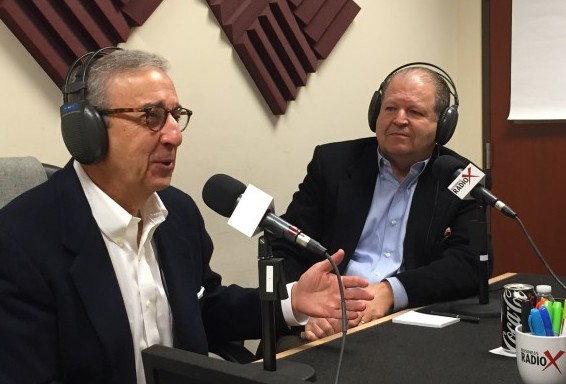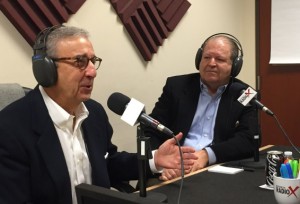

Q: What does it mean to be a “platform company?” Should a business owner aspire to be a platform company?
WILFONG: First, a business owner needs to develop his company with a good management team, a good customer base, and all those things that comprise a successful company. At that point, the business owner is not really thinking about whether the company is going to be a platform for a portfolio and for add-ons.
Here’s an example of what a platform company means. Let’s say a private equity group involved in buying companies in distribution or transportation sees a very good market developing in instrumentation. That private equity group might hire an investment bank like FOCUS to find a company in instrumentation–making gauges and dials.
The private equity group’s first acquisition in the space would be called a platform acquisition. Subsequent acquisitions are typically referred to as add-ons.
Q: Do platform companies tend to get a premium over add-ons?
WILFONG: Yes, they do if it is in what we call a “hot space.” They tend to have more size. For example, a large private equity group with a platform company doing $200 million in instrumentation might be interested in a $10 million company as an add-on. The add-on company would be absorbed. Management strength wouldn’t be a significant, but customers, technology, patents, etc. would drive the value.
By definition, a platform company is a standalone entity that has all the components of being an attractive business. And, a platform company will achieve a higher multiple–which is how most people value companies as a multiple of free cash flow.
Q: What is the difference between a portfolio company and an add-on? an add-on might become a portfolio company.
WILFONG: A private equity group might have 150 companies in their stable of investments, and each would be considered a portfolio company. If the group makes another acquisition, it too becomes a portfolio company. An add-on might be absorbed into an existing portfolio company.
Q: What percentage of middle-market M&A deals you close turn into a happy marriage that lasts a long time?
WILFONG: That’s an interesting question. Many people simply don’t like change in their lives. For example, imagine a $20 million family business and an employee, Susie, who has been there 50 years, but doesn’t use email or the Internet. Of course, the owner wants Susie taken care of because of her history with the company. At the same time, the acquiring company is requesting financial reports—so a struggle is likely.
Also, there are business owners who can’t let go. You hear about business owners getting a two-year consulting agreement during transition. Typically, these arrangements end up being six months or less. Employees will continue to go to the business owner for decisions even though the acquirer has given that responsibility and authority to their appointee.
These are examples of very real issues. What we do at FOCUS is prepare people for very big changes. There also is an emotional element. Suddenly, no one needs the middle-market business owner who has been critical to the business for the last 50 years. It’s not just ego—the owner feels a little lost, asking “what do I do now?” So, at FOCUS we prepare business owners reality, educating them as much as possible in advance.
Q: How many of these deals simply don’t work?
WILFONG: At FOCUS, most deals do work–we spend a lot of time preparing middle-market business owners for the process. For example, a lot of business owners have been so focused on their business, they have no other interests. They know it is time to sell to realize maximum value, but are at a loss about what to do next.
In a closely-held, entrepreneurial type of company, the business owner needs to have somewhere else to go where they can project a similar level of commitment and effort. A friend of mine works full-time for a dollar a year, heading up Atlanta’s largest Community Food Bank. He doesn’t do it for the money—he does it for personal satisfaction.
Also, many business owners over-value their companies, and one of the goals at FOCUS is to bring owner expectations to a realistic level for a successful sale. There’s no sense in exposing a company to the market if the price is unrealistic. If you’re unsuccessful, there could be a three-year wait before you can go at it again.
America’s thinking about age in retirement has changed, too. Business owners–and people in general–are working much longer, and we’re seeing more and more options for older people, including business owners.
*Broadcast February 2, 2016 on CEO Exclusive Radio, Atlanta, GA; Host Soyini Coke. Part 1 of this article appeared in the March 2016 FOCUS Newsletter.












